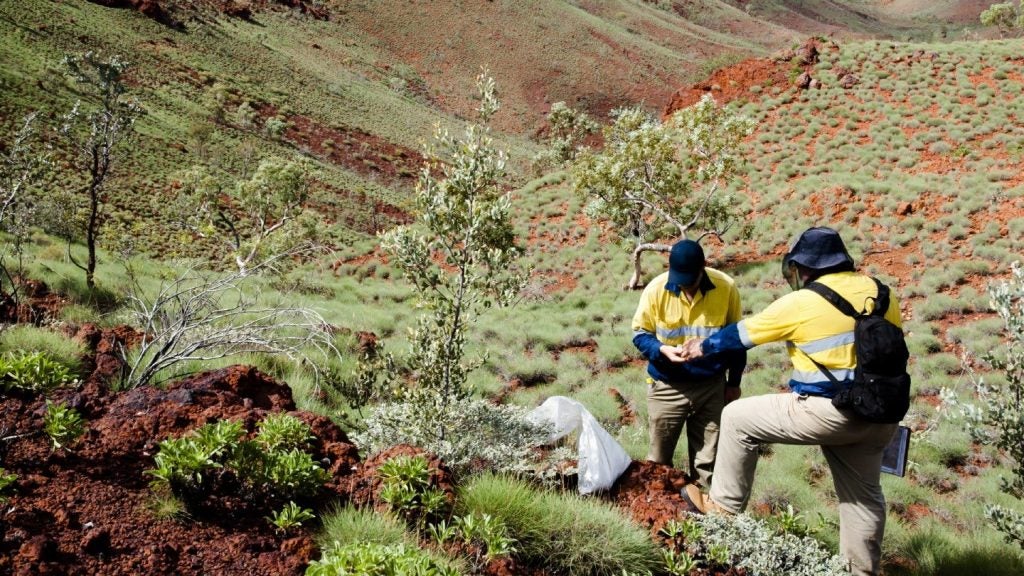Virgin Media O2 has been working with EkkoSense, a provider of AI-powered data centre optimisation software, which has resulted in savings of more than £1m ($1.3m) a year in the cost of cooling data centres, equating to an average 15% saving and the equivalent of 760 tonnes of carbon dioxide (using location-based Scope 2 accounting).
The project enabled Virgin Media O2’s operational teams to get a real-time view of thermal, power, and capacity performance across 20 UK data centre sites. The EkkoSense solution uses Internet of Things (IoT) sensors feeding data to an SaaS platform and machine learning tools, alongside AI analytics to provide real-time insights to track data centre performance from a cooling, power, and capacity perspective.
This positive news comes in the same week that major UK companies have called on the UK Government to reform its renewable energy certification scheme ‘to help deliver grid decarbonisation by 2030.’ Signatories include BT Group, Google, Vodafone UK, and Virgin Media O2 as they look to regulatory reform ‘to unlock more investment in renewable generation capacity, increases energy security, and bring down costs to support the decarbonisation of the UK grid.’
Across the Atlantic, BlackRock, Global Infrastructure Partners, Microsoft, and MGX have also just launched a new multi-billion dollar partnership to invest in data centres and the infrastructure necessary to support AI-driven demand growth.
Robert Pritchard, GlobalData Principal Analyst in Enterprise Technology and Services, observes: “Over the last few years, GlobalData has highlighted the impact of data centres – and hyperscalers in particular – on local electricity and water resources. The noise of concern has since turned into a crescendo as GenAI has out of the blue driven current and future demand through the roof. This is no longer just a niche sustainability issue for data centre operators. Rather, it has become a consideration for governments trying to simultaneously manage stretched infrastructure and establish their country as a leader in the GenAI market.
Smart operators are, and will be increasingly, looking to minimise the impact of their data centres on the broader community and environment. They will have to prove sustainability in both environmental and social terms – if they cannot, they will simply not be allowed to realise their ambitious plans. Furthermore, data centre optimisation makes both environmental and commercial sense.”
See also : AWS planned UK data centre investment fails to mention power and water consumption – Verdict









